
We would like to give a huge thank you to our speakers, the talks they deliver are the reason we have this conference.
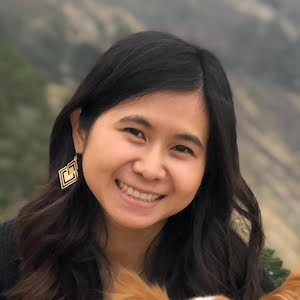
Jessica Tai
Infrastructure Engineer
Airbnb
Airbnb had a successful migration to microservices, but managing hundreds of services made new challenges. The dependency graph is too complicated impacting scalability, reliability and velocity. Learn how we are evolving our read path service architecture to continue scaling our business.
Jessica has worked at Airbnb for over 5 years, starting as a full-stack engineer on the guest and host booking flow and is now an infrastructure engineer on the Core Services team. She leads the read path design patterns in Airbnb's evolution of its service-oriented architecture (SOA) and was the tech lead designing and creating the user data service, which critically integrates with all business verticals. She often pair-programs with her Corgi dog while he observes from her lap. In addition to technical work, Jessica is the Vice President of the women in tech group and active in improving the interview process. Prior to Airbnb, Jessica received her Master’s of Computer Science at Stanford and her Bachelor’s degree from UCLA.
The video for this talk is available on YouTube
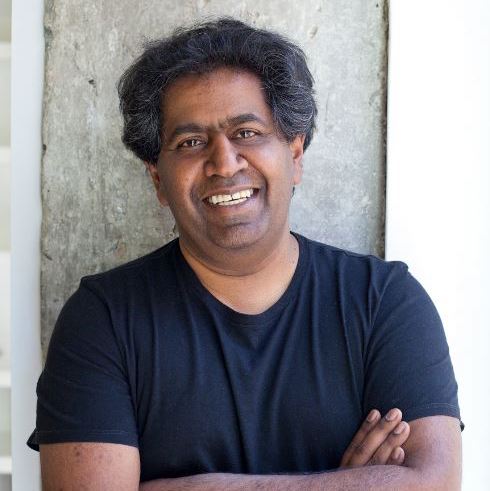
Aslam Khan
Many teams have a scaling problem that is relative to their business or industry, which is a long way off from the massively scaled companies such as Facebook and co. Many of these teams are inadvertently over-engineering for their needs. We need to learn to scale down right, simple as possible.
Aslam is an African software developer, by birth and by choice. A couple of decades later and he is convinced that design is hard, very, very hard. The same with scalability - it throws us into extreme states, way off balance, struggling to find the supply to meet the demand. These days Aslam tries to bind strategy and code with the shortest and tautest of strings, finding the least that we can do to fulfil a strategic intent. You can read his blog at f3yourmind.net.
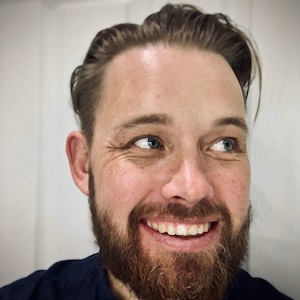
Good observability is critical to managing complex systems at scale; having quality metrics is key to this. But as system grow, the number of metrics they produce rapidly increases. Dashboards and alerts can become difficult to maintain and lead to technical debt. This talk describes the strategy we’re using at GitLab to tackle this.
Andrew is a Distinguished Engineer in the Infrastructure team at GitLab, where he helps keep GitLab.com available, observable and scaling. Before GitLab, he cofounded the developer community site Gitter in 2012, and was CTO there until Gitter's acquisition by GitLab in 2017. After living in London in the UK for 17 years, he recently relocated back to his hometown of Cape Town in South Africa.
The video for this talk is available on YouTube
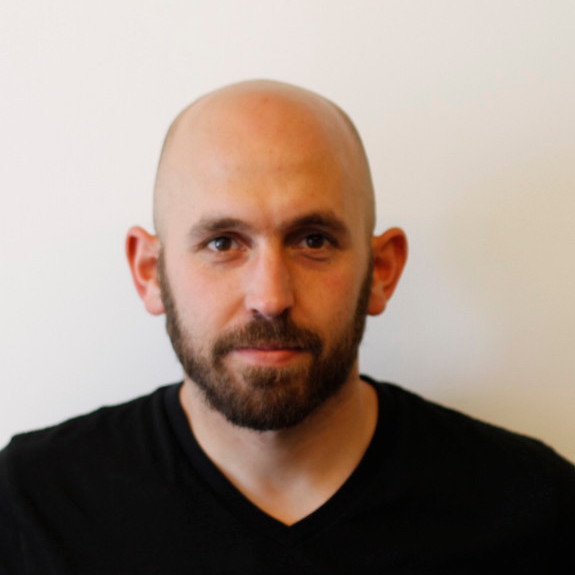
Why do small teams seem to move faster than large ones? This talk will discuss the distinct advantages of being small, the pitfalls of scaling up, and how large software companies can remain agile against all odds.
Josh was the co-founder and CTO of Smyte, an anti-abuse (spam, fraud, etc) startup that was acquired by Twitter two years ago. He's been at Twitter since then, Facebook previously, and started SnapBill back in 2011 from Cape Town. Constantly striving for developer productivity, he's skeptical of all the current programming languages. Probably all of the future ones too.
The video for this talk is available on YouTube
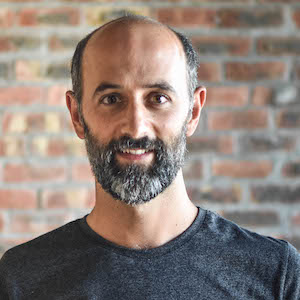
Paco Mendes
Principal Engineer
SPAN Digital
Refactoring massive codebases is risky and hard but essential to ensure that large system architectures can continue to evolve and support further innovation. This talk presents some of the key challenges, strategies and data-driven techniques that can be applied to refactor massive codebases.
Paco is a Principal Engineer at SPANDigital where he has worked on a broad range of system architectures for various clients in Silicon Valley. He holds a BSc in Electrical Engineering and MSc in Software Engineering.
The video for this talk is available on YouTube
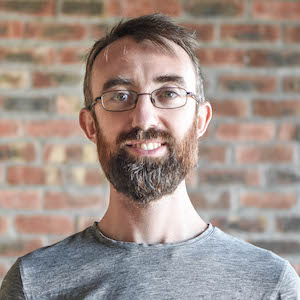
Alberto Venturini
Senior Engineer
SPAN Digital
Refactoring massive codebases is risky and hard but essential to ensure that large system architectures can continue to evolve and support further innovation. This talk presents some of the key challenges, strategies and data-driven techniques that can be applied to refactor massive codebases.
Alberto is a Senior Engineer at SPAN Digital. He previously worked at AWS, as well as startup companies and universities. He holds an MSc and a BSc in Software Engineering.
The video for this talk is available on YouTube

A lot of work happens behind the scenes that requires time and processing that should not block real-time actions in our products. Things like notifications, events' invites and video rendering may entail long waits or require a large amount of processing power. This talk details how Facebook handles asynchronous processing at large scale, and the challenges that come with maintaining the reliability of a large multi-tenant system constantly growing in demand.
Carla is a Production Engineer at Facebook currently based in Seattle. She is part of the Async Tier team that empowers Facebook's engineers with an API for asynchronous computing. With over 10 years of experience, Carla was one of the earlier speakers of DevopsDays. In her free time, she enjoys e-sports, baking and snowboarding.
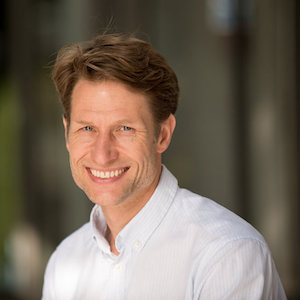
Chaos Engineering reduces the impact of component failure. Game Days are one practice within this field, whereby controlled failures are used to learn and improve system and team response. We will describe how to run a Game Day, using our experience of doing this across 60 teams, 1000 microservices.
I'm an Agile Delivery Consultant with over twenty years experience of helping individuals, teams and organisations improve their software delivery. I’m currently working with Equal Experts, leading six platform teams that operate and evolve a large scale Platform-as-a-Service, for the UK Government.
The video for this talk is available on YouTube
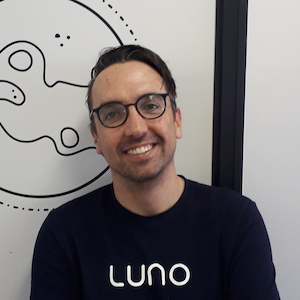
Corver Roos
Principal Backend Engineer
Luno
This talk follows Luno’s journey of adopting an event driven architecture as part of our micro service platform. It delves into the problems we faced, the solutions we implemented and the bumps along the way.
Corver Roos has an Electronic Engineering degree from Stellenbosch university and after a short foray teaching English in Taiwan, he found his true calling, rejecting code reviews. He cut his teeth building high performance distributed systems for the telecoms industry. He then moved to the Netherlands to head up a team building a music distribution and big data platform. He is currently back in Cape Town working for Luno as a principal backend engineer. Here he has been building teams, processes and technology to help Luno navigate its hyper scaling growth.
The video for this talk is available on YouTube
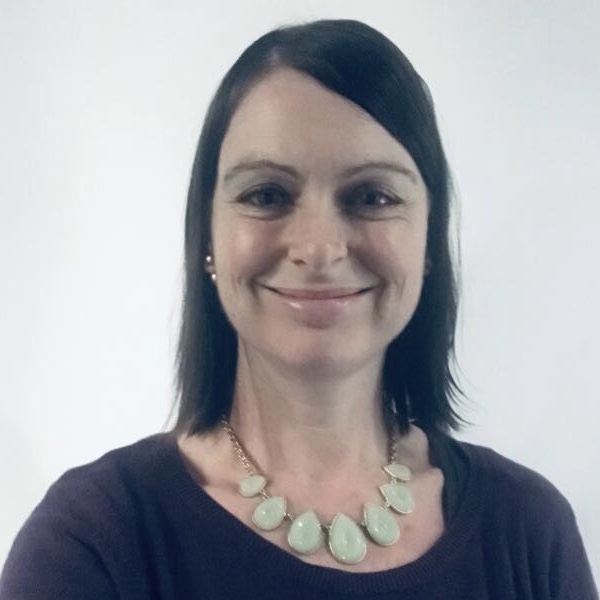
Rayna Leibbrandt Tsimitakopoulos
Solutions Architect
DirectAxis
DirectAxis has spent the past few years re-architecting a monolith - first into RESTful microservices and now into event-driven microservices using Kafka. We’ve learned some interesting lessons about patterns, technology and culture, that we would like to share with other technologists.
Rayna started studying Computer Science at Stellenbosch University when she was 17 and hasn’t been far from a computer since. She loves anything to do with integration architectures e.g. microservices, but also has fun doing martech, cloud, devops, digital and streaming data implementations. Rayna has 2 kids and a husband and lives in Fish Hoek, so her free time is spent sitting on the beach, getting sand-blasted by the South Easter.
The video for this talk is available on YouTube
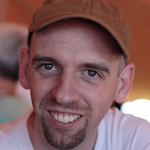
Bruce Merry
Senior Software Developer
SARAO
MeerKAT is the one of the most powerful radio telescopes in the world, generating over 2 Tb/s of raw data. Moving data around for processing poses unique challenges both in software and in network tuning. Come to hear about unexpected limitations in switches, NICs and software stacks.
Bruce is a senior software developer at SARAO (South African Radio Astronomy Observatory), working on software underlying the MeerKAT radio telescope, including high-performance networking, orchestration (presented at ScaleConf 2017) and GPU computing.
The video for this talk is available on YouTube
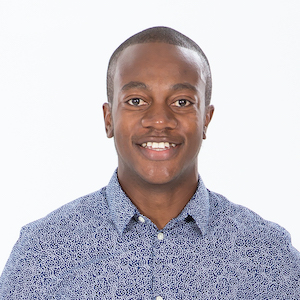
The more skilled our software engineers become the more fulfilled they will be with their careers. Building a learning culture or environment which software engineers are constantly levelling up puts any company in a better place to handle any scaling challenges it faces over time.
Tanaka is the VP of Engineering at Names & Faces. His role is to make everyone in the engineering organisation successful by influencing architectural decisions, establishing best practises, setting work cadences and cultural norms and overcoming the issues that get in the way of the team’s success.
The video for this talk is available on YouTube
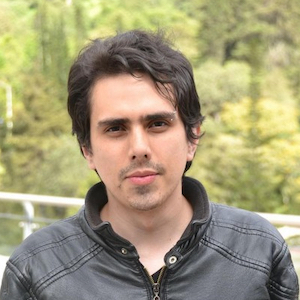
Juan Urrego
Principal Full Stack Software Engineer and DataOps Team Lead
Travelstart
Valliappa Lakshmanan says: “Ask someone a question in Google and you are likely to receive a link to a BigQuery view or query rather than the actual answer”. That’s what we are doing at Travelstart! I’ll present our DataOps approach and a way to create a culture of DIY, avoiding the BI bottleneck.
Juan is a software and solution architect with masters degree in Software Engineering and 9+ years of professional experience. For a couple of years, he was a University lecturer where he discovered the importance of education and professional experience to create real innovative and disruptive solutions. Juan has thorough hands-on experience designing, analysing, modelling, and developing enterprise software. He has entrepreneur experience in IT solutions, custom development. With high interest in AI and machine learning.
The video for this talk is available on YouTube
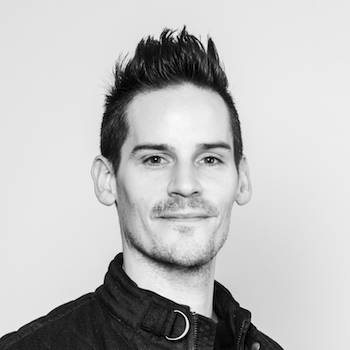
Herman Maritz and myself launched EskomSePush in 2015, to monitor and alert on the waning national power provider in South Africa. We built a brand to keep light-hearted around this dark situation, and tried to make South Africans smile instead. We've experienced various scaling issues throughout our journey, and have come up with some interesting (lazy) ways to handle them, while still remaining a 2-person team without any funding. I'll talk through our journey, some highlights & lowlights, and some of the ways we handled our scaling challenges.
My day job is CTO Superbalist: focused on strategy, scale, reliability, platform, growth, and people. My side-hustle is EskomSePush (ESP): focused on breaking things, exercising my engineering skills, experiments, and having fun. It's incredible to have a platform which connects me to 3.2M users.
The video for this talk is available on YouTube
This site is hosted on Github, please feel free to look around and contribute.
© ScaleConf 2022